Opioid withdrawal
and detox
Opiate detoxification (or ‘detox’ for short) is the process of removing opioids from your body and managing the withdrawal symptoms that come with it.
Detox is an essential part of treatment because it allows someone to break the physical dependence on opioids and start working on the psychological aspects of their addiction.1
Withdrawal symptoms can be extremely uncomfortable and range from mild to severe and can also be both physical and psychological.1
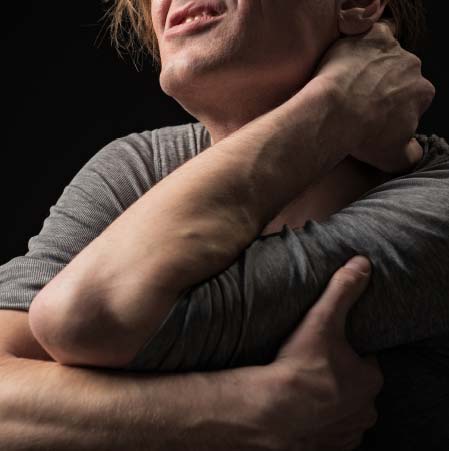
COMMON OPIOID WITHDRAWAL
SYMPTOMS INCLUDE:
Slow breathing
Trouble staying awake
Pinpoint pupils
Pale face
Blue nails and lips
Cold, clammy skin
Confusion and forgetfulness
Disorientation
Unpredictable mood swings
Low blood pressure
Chronic vomiting
People who experience mild or specific
symptoms of opioid withdrawal, like
diarrhoea, nausea/vomiting, or colic,
can receive symptom-based
treatment. This may involve
medications such as loperamide,
prochlorperazine, mebeverine, NSAIDs,
or paracetamol.2
Medicines for treating
opioid addiction
OPIOID SUBSTITUTION THERAPY
Opioid substitution therapy (OST) is a widely used and effective approach for treating opioid addiction.
It involves the prescription of medicines that can help someone to manage withdrawal symptoms and cravings once they have stopped taking the opioid they are addicted to.2
In the UK there are two main types of OST used to help treat opioid addiction: methadone and buprenorphine.3
TREATMENT DURING OPIOID DETOXIFICATION
When someone has stabilised on an OST the process of detoxification (detox) can begin. Detox involves carefully removing the OST from the body while safely managing withdrawal symptoms.1,2 It is a critical step on the journey to recovery from opioid addiction, but requires close monitoring and support.2
Some medications can be prescribed during detox to help reduce many of the symptoms experienced during withdrawal from opioids.
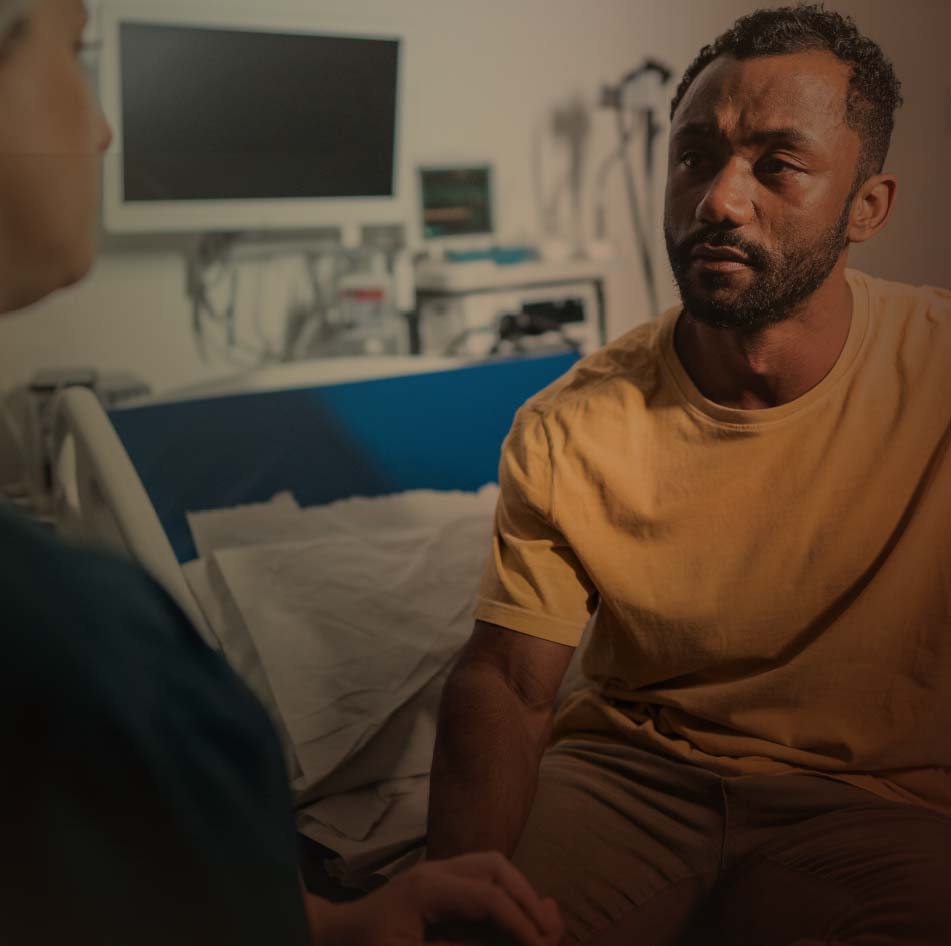
Treatment for
preventing overdose
Anyone who takes an opioid can be at risk of an overdose. The effects of an opioid overdose are life-threatening – breathing slows down and can eventually stop altogether.
Naloxone is a medicine that can quickly reverse the effects of an opioid overdose and restore normal breathing to an individual experiencing a life-threatening situation.5
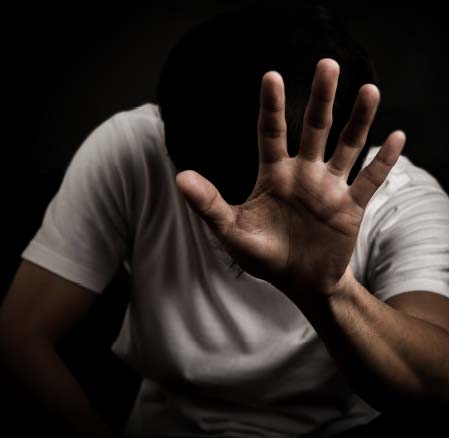
How naloxone
works
Naloxone works by binding to the same receptors in the brain that opioids bind to, blocking the opioid and reversing its toxic effects.5
Naloxone is a prescription-only medicine, so pharmacies cannot sell it over the counter.
However, drug treatment services can supply it without a prescription and anyone can use naloxone to save a life in an emergency.6
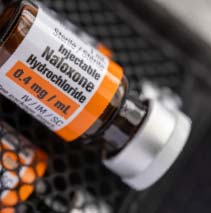
NHS Drug
Treatment Services
Receiving support for opioid
addiction is a crucial step
towards recovery, and the
NHS offers comprehensive
drug treatment services
designed to assist individuals
on their journey to a
healthier, more fulfilling life.
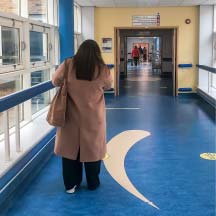
What are
Drug Treatment
Services?
Drug Treatment Services are a range
of supportive and personalised care
and treatment options to help people
overcome alcohol and drug addiction, including addiction
to opioids.
These services are delivered by a
team of healthcare professionals with
expertise in addiction treatment. The
approach is rooted in compassion
and understanding, focusing on the
unique needs of each person.
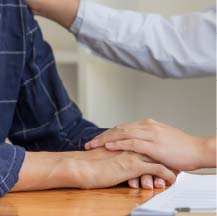
The personal
treatment plan7
The personal treatment plan may include a number of different treatments and strategies. These may be given while living at home or as a hospital inpatient.
Opioid
SUBSTITUTION
therapy (OST)
Medical treatment may be
prescribed for people with
opioid dependence.
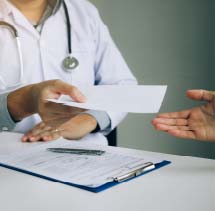
Detoxification
support
Drug treatment services can also provide guidance and medical support for people undergoing opioid detoxification.

Talking
therapies
Talking therapies can include cognitive behavioural therapy (CBT), which may help someone to understand how their thoughts and feelings affect their behaviour.
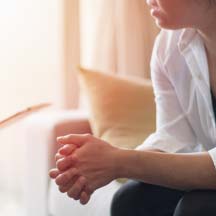
Self-help
The keyworker will have information on local support groups such as UKNA (UK Narcotics Anonymous), which can be helpful to some people.

Reducing
risk
Drug treatment services may also provide testing and treatment for hepatitis or HIV infections, as well as help to reduce other risks associated with opioid misuse.
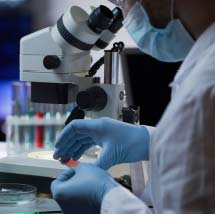
IF THE OPIOID-RELATED
PROBLEMS ARE SERIOUS OR
COMPLICATED, THE PERSON MAY
BE REFERRED TO A RESIDENTIAL
DRUG REHABILITATION SERVICE.
Drug
rehabilitation
Drug rehabilitation, often called rehab, is a drug treatment programme that is given in a residential setting so that experienced medical care can be provided 24/7.
Rehabs usually involve complete abstinence from opioids, and an intensive combination of medical, therapeutic, and supportive interventions to help with the physical, psychological, and social impacts of addiction.8

What drug
REHABILITATION
involves9
Rehab often involves three types
of treatment or therapy:
MEDICAL DETOXIFICATION
In some cases, rehabilitation begins with medical detoxification to safely manage withdrawal symptoms under medical supervision
PSYCHOLOGICAL THERAPIES
Rehabilitation can include individual and group counselling, and may involve a variety of psychological therapies such as cognitive behavioural therapy
HOLISTIC THERAPIES
Sometimes holistic therapies such as music therapy, yoga and meditation are included in the rehab programme to help people reconnect with old hobbies or introduce them to new activities
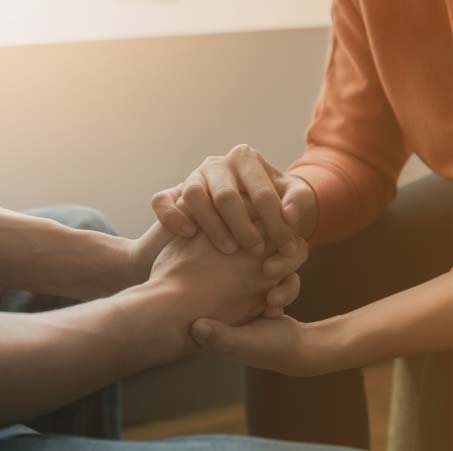
A typical day
in rehab10,11
Morning
Routine
A HEALTHY BREAKFAST
A GROUP MEDITATION SESSION
GROUP THERAPY


Lunch
Break
ALLOWING TIME FOR
REST AND RECOVERY
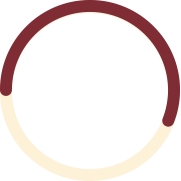


Afternoon
activities
might include
ONE-TO-ONE THERAPY
BOOK STUDIES FOR OPIOID ADDICTION
ONGOING PERSONAL PROJECTS
WORK SESSIONS WITH OTHER RESIDENTS
DOMESTIC TASKS OR GARDENING
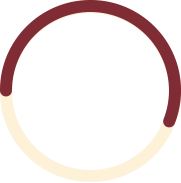


How to find your
local REHABILITATION
centre
UK Addiction Treatment Centres: offers a range of private addiction treatment and rehabilitation services. They can be contacted directly for information on available programs.
Visit the UK Addiction Treatment
Centres website
NHS Rehab Services: the NHS does not provide residential rehab, but it is sometimes possible to be referred to a private service for free or subsidised residential rehabilitation. However, there can be a very long waiting list and patients must meet strict
eligibility criteria.
Rehab-Online Directory: Rehab-Online provides information on rehabilitiation and can help you
locate rehabilitation services near you.

Self-help
methods
Self-help involves someone taking an active role in their own recovery journey. It may not replace professional treatment, but self-help tools can be valuable for some people.
Therefore, understanding when self-help tools can be beneficial and when medical assistance is necessary is crucial for effective recovery.
DO I NEED HELP?
This is a question that only we can answer ourselves, but acknowledging the need for help is a courageous first step in overcoming opioid addiction.12
Visit the section:
Understanding opioid addiction
…to learn about the typical signs of an opioid addiction.
For more information:
…provides a useful list of questions that can be asked to help identify an addiction.
There are many different ways that self-help can be achieved, and a wide variety of digital tools and online resources are available to provide information and allow people to self-manage their recovery from opioid addiction.14
IS MEDICAL HELP NEEDED?
If experiencing severe withdrawal symptoms or struggling to manage addiction alone, seeking medical help is essential.13
The section:
…describes some of the common symptoms of withdrawal from opioids.
Some examples of
self-help tools
available online
TALK TO FRANK16
Provides honest information, help, and advice about drugs, including opioids.
You can call the free Frank helpline on:
0300 1236600
SMART Recovery15
Offers a set of proven tools and techniques to help people decide if they have an addiction and for
self-directed recovery.
Breaking Free17
Offers a confidential wellness and recovery support program, including a companion mobile application.
SUPPORT
GROUPS
Self-help doesn’t have to be a task that is faced alone. Embarking on the journey to recovery from opioid
addiction is a courageous step, and having a
supportive community can make all the difference.
In the UK, various support groups offer understanding, encouragement, and shared experiences to empower individuals on their path to recovery.
Some examples of
UK support groups for opioid addiction
UK Narcotics Anonymous:18
SMART Recovery Online Meetings:19
Sober Recovery20
UK Narcotics Anonymous:18
Narcotics Anonymous is a community of people who support each other. They hold regular free group meetings both online and face-to-face throughout the UK, helping addicts to stop taking drugs, get well and change the quality of their lives.

SMART Recovery Online Meetings:19
SMART Recovery promotes choice in recovery by holding online training programmes and mutual-aid meetings for people recovering from addiction to drugs including opioids.

Sober Recovery20
Sober Recovery hosts a community of more than 175,000 people through online discussion forums for drug and alcohol users, and their friends and family.

References
- UK Addiction Treatment Centres. (2023). Opiate withdrawal | Opioid detox treatment. [online] Available at: https://www.ukat.co.uk/detox/drug/prescription/opiate/ [Accessed July 2024].
- NHS Lanarkshire Guidelines (2022). Opioid Dependence. [online] Available at: https://rightdecisions.scot.nhs.uk/nhsl-medicines-guidance/joint-adult-formulary/chapter-4-central-nervous-system/drugs-used-in-substance-dependence/opioid-dependence/ [Accessed July 2024].
- Public Health England (2021). Part 1: introducing opioid substitution treatment (OST). [online] GOV.UK. Available at: https://www.gov.uk/government/publications/opioid-substitution-treatment-guide-for-keyworkers/part-1-introducing-opioid-substitution-treatment-ost [Accessed July 2024].
- National Collaborating Centre for Mental Health (UK) (2008). Drug Misuse: Opioid Detoxification – The NICE Guideline [online] PubMed. Leicester (UK): British Psychological Society (UK). Available at: https://www.ncbi.nlm.nih.gov/books/NBK50622/ [Accessed July 2024].
- National Institute on Drug Abuse (2022). Naloxone drug facts. [online] National Institute on Drug Abuse. Available at: https://nida.nih.gov/publications/drugfacts/naloxone [Accessed July 2024].
- Department of Health and Social Care (2016). Widening the availability of naloxone. [online] GOV.UK. Available at: https://www.gov.uk/government/publications/widening-the-availability-of-naloxone/widening-the-availability-of-naloxone [Accessed July 2024].
- NHS (2022). Drug addiction: getting help. [online] nhs.uk. Available at: https://www.nhs.uk/live-well/addiction-support/drug-addiction-getting-help/ [Accessed July 2024].
- Rehab-Online. (2024). Rehab-Online - UK’s leading Directory of Rehabilitation services. [online] Available at: https://rehab-online.org.uk/ [Accessed July 2024].
- UK Addiction Treatment Centres. (2024). Opiate rehab | Opioid addiction treatment | UKAT. [online] Available at: https://www.ukat.co.uk/rehab-treatment/drug/prescription/opiate/ [Accessed July 2024].
- UK Addiction Treatment Centres. (2024). Rehab treatment | Addiction treatment for alcohol & drug. [online] Available at: https://www.ukat.co.uk/rehab-treatment/ [Accessed July 2024].
- Rehab-Online. (2020). FAQs - Rehab-Online. [online] Available at: https://rehab-online.org.uk/faqs/ [Accessed July 2024].
- Narcotics Anonymous World Services, Inc (2009). Am I an Addict? [online] Available at: https://www.na.org/admin/include/spaw2/uploads/pdf/litfiles/us_english/IP/EN3107.pdf [Accessed July 2024].
- World Health Organization (2010). Self-help strategies for cutting down or stopping substance use – A guide. Available at: https://iris.who.int/bitstream/handle/10665/44322/9789241599405_eng.pdf?sequence=1 [Accessed July 2024].
- Torbay and South Devon NHS Foundation Trust. (n.d.). Drug and alcohol Self-management tools. [online] Available at: https://www.torbayandsouthdevon.nhs.uk/services/drug-and-alcohol-service/self-management-tools/ [Accessed July 2024].
- UK Smart Recovery. (2019). UK Smart Recovery. [online] Available at: https://smartrecovery.org.uk/ [Accessed July 2024].
- Frank (2019). FRANK. [online] Talktofrank.com. Available at: https://www.talktofrank.com/ [Accessed July 2024].
- Breaking Free Online. (n.d.). Breaking Free Online | Recovery Program for Alcohol & Drugs. [online] Available at: https://www.breakingfreeonline.com/ [Accessed July 2024].
- UKNA. (n.d.) Narcotics Anonymous in the UK. [online] Available at: https://ukna.org/ [Accessed July 2024].
- UK SMART Recovery. (n.d.). About Online Meetings. [online] Available at: http://smartrecovery.org.uk/online-meetings [Accessed July 2024].
- Sober Recovery. (n.d.). Drug Rehabilitation | Drug Addiction Treatment Center | Alcoholism | Addiction Mental Health | Directory Substance Abuse Detox Programs | SoberRecovery. [online] Available at: https://www.soberrecovery.com [Accessed July 2024].
